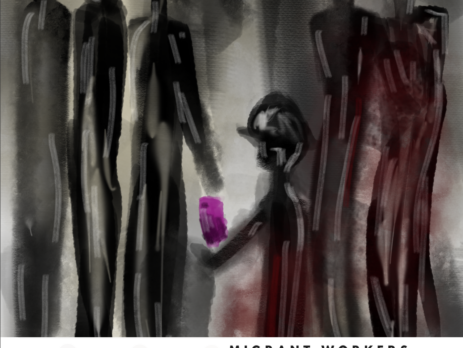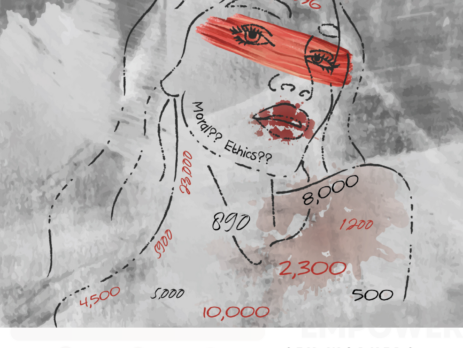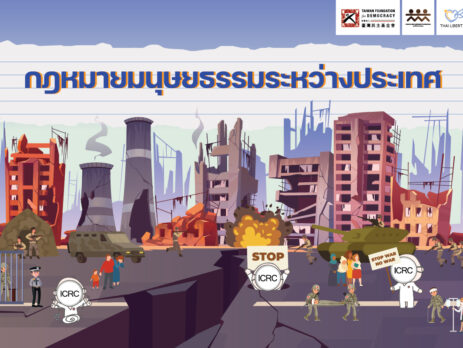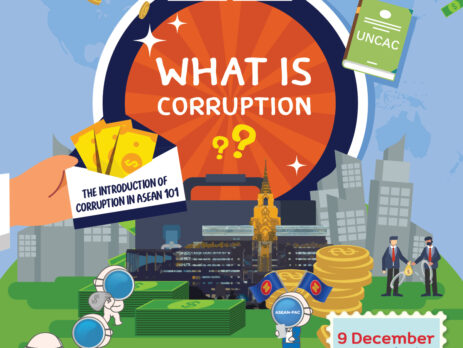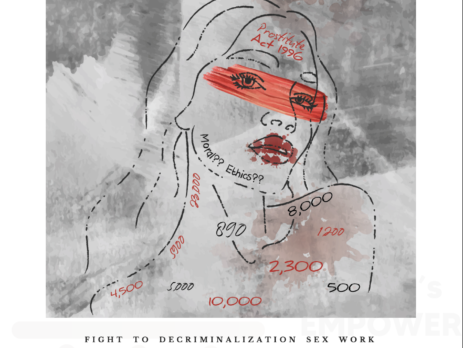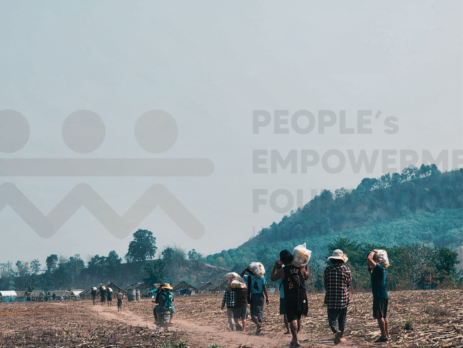During the 3rd cycles of UPR Thailand, Thailand UPR Network 2021 Joint Submission is the report submission for the UPR report from a ground-based perspective.
The working group, PEF and total 25 joint-writers, aims to take this UPR 39 sessions opportunity to promote engagement of youth and expanding a human right network using UN human rights mechanism. The working
group created an inclusiveness process to encourage new individual writers to participate through online registration, all writers voluntarily registered. The writers consist with diverse background human rights such as youths who involved with democratic movement, social welfare, working in vulnerable NGO sector etc. It must be noted that some writers could not represent organization because many are not working in NGOs, some are still students, but they are willing to promote human rights situation in Thailand through the UPR mechanisms. The news in the endnote session are additional sources for more detail information. All writers had to join online UPR and
human rights trainings before writing procedures.
These activities are following below.
13 January 2021 Open call online for registration joint-statement, 238 registered.
22 January 2021 Human Rights Online Class on topic “Review, Challenges, and Move forward for next Thailand 3rd UPR Cycle”1
30 January 2021 “Understand UPR Mechanism Workshop”
6 February 2021 “UPR Writing Training”
27 February 2021 Joint-writers submitted reports (25 joint-writers).
Anyone can access to report through OHCHR website link https://www.ohchr.org/en/hr-bodies/upr/uprth-stakeholders-info-s39 joint-submission 22.


